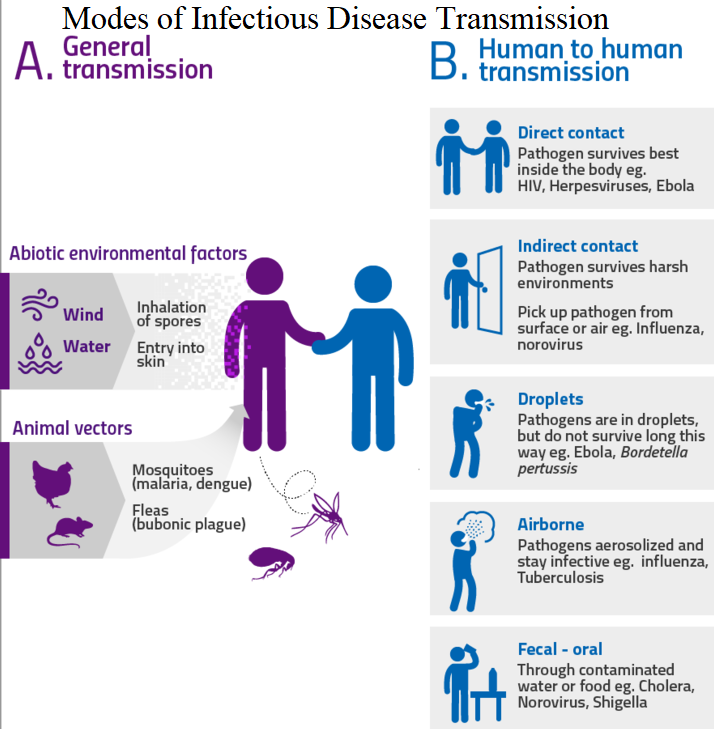Question
Question: What is Vaccination? Why is it difficult to make vaccines for Viral disease?...
What is Vaccination? Why is it difficult to make vaccines for Viral disease?
Solution
Vaccination is the process of administering attenuated forms of microbes into the body which functions by the body to create antibodies and memory immune cells in response to a specific pathogen. Immunity is a well-known term which everyone is aware of. Immunity describes the defense mechanism of our body or human beings. It is present in almost all animals or organisms. Every organism is born with some kind of immunity and some immunity adapts as organisms grow up. Human baby is born with two types of immunity- innate and adaptive.
Complete answer:
There is different line of defense in our body. Viral diseases are not easily detected, and they keep on mutating in a shorter span of time hence it is quite difficult to administer vaccines for viral diseases.
As Virus have a protective covering and a spike protein on the cover which contain the genetic material of the virus. When a virus invades the host body the spike protein gets attached to the cell surface of the host’s body and it gets attached to the host’s cell surface and releases the spike protein. The spike protein after entering and perforating the plasma membrane and the nucleus goes directly to the host DNA and alters the DNA.
Hence, viral diseases are quite tricky and it is difficult to make vaccines for viral disease as they keep on mutating their nature and action on the host body.

Note:
As we discussed about immunity, how immunity works in the body let us know about that. When an outer component such as- dust particle, pollen or microbes which are invisible to the eyes enters the body the body develops an immediate action like- coughing or sneezing as the first line of defense act here. While it is a microbe which can prevent the first line and enters the internal organs of the body the blood components act here and kill the invader as soon as possible.
